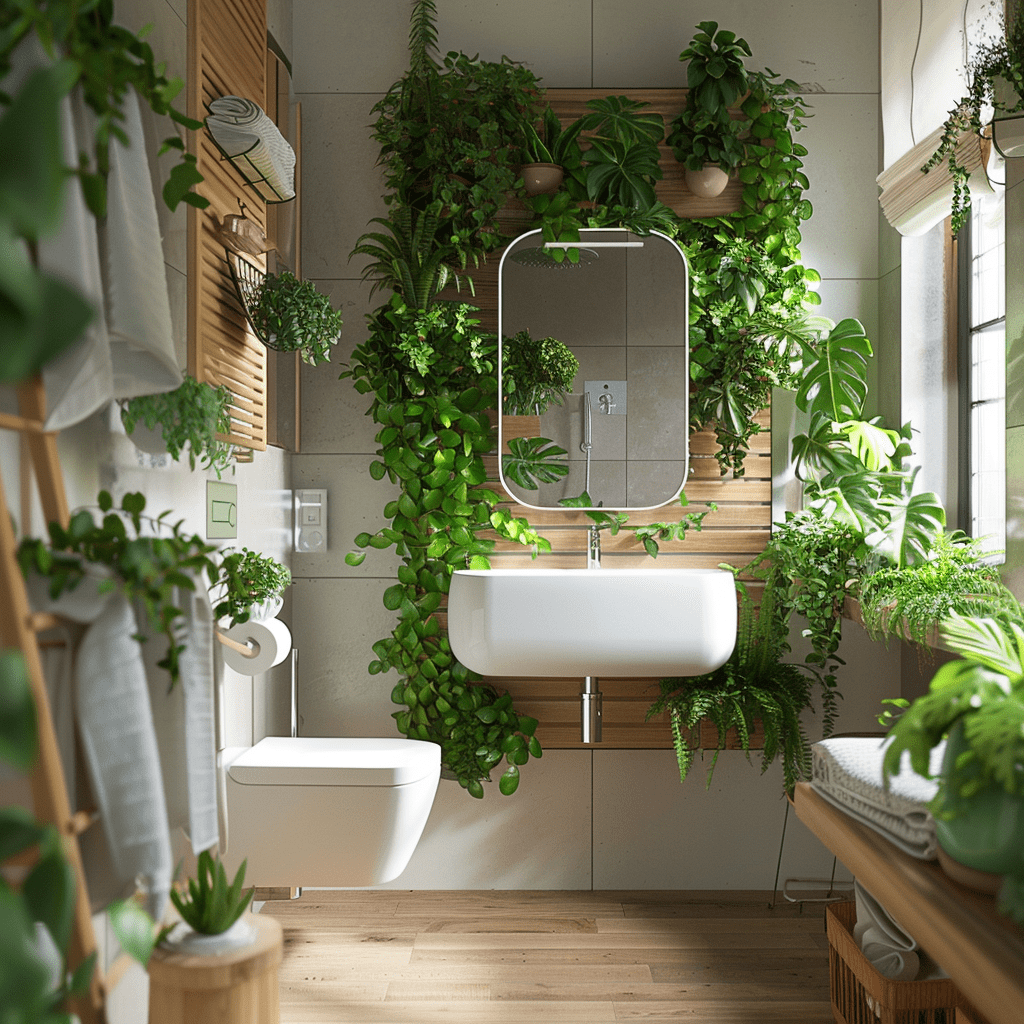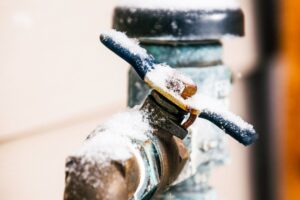In an era where sustainability is more important than ever, eco-friendly plumbing solutions offer a practical way for Birmingham residents to reduce their environmental impact. By adopting green plumbing practices, you can conserve water, lower energy consumption, and contribute to a healthier planet. Stephens Plumbing in Birmingham, AL, is committed to helping homeowners transition to these environmentally friendly options. Here are some effective eco-friendly plumbing solutions to consider for your Birmingham residence.
1.Low-Flow Fixtures
One of the simplest ways to reduce water usage is by installing low-flow fixtures. These fixtures, including faucets, showerheads, and toilets, are designed to use significantly less water than traditional models without sacrificing performance.
Benefits
- Water Conservation: Low-flow fixtures can reduce water usage by up to 60%.
- Cost Savings: Lower water bills and potential rebates from local utilities.
2.Tankless Water Heaters
Traditional water heaters store and constantly heat large volumes of water, leading to significant energy waste. Tankless water heaters, on the other hand, heat water on demand, which can be more energy-efficient.
Benefits
- Energy Efficiency: Only heats water when needed, reducing energy consumption.
- Longevity: Longer lifespan compared to traditional water heaters.
- Space-Saving: Compact design saves space in your home.
3.Rainwater Harvesting Systems
Rainwater harvesting involves collecting and storing rainwater for non-potable uses such as irrigation, flushing toilets, and even washing clothes. This system can significantly reduce your reliance on the municipal water supply.
Benefits
- Water Conservation: Utilizes a free and natural water source.
- Lower Water Bills: Reduces the amount of water you need to purchase from your local utility.
- Sustainability: Less strain on local water resources, beneficial during drought conditions.
4.Greywater Recycling Systems
Greywater recycling systems collect water from sinks, showers, and washing machines, treating it so it can be reused for non-potable purposes. This can greatly reduce the amount of freshwater your household uses.
Benefits
- Water Reuse: Recycles water that would otherwise go to waste.
- Environmental Impact: Reduces the volume of wastewater entering the sewer system.
- Cost Savings: Decreases water consumption and lowers utility bills.
5.Eco-Friendly Pipe Materials
When upgrading or repairing your plumbing system, consider using eco-friendly pipe materials. Options like PEX (cross-linked polyethylene) and recycled copper are more sustainable than traditional materials.
Benefits
- Sustainability: Made from recyclable and durable materials.
- Healthier Choice: Reduces exposure to harmful chemicals found in some older plumbing materials.
- Efficiency: Often more flexible and easier to install, reducing labor and material costs.
6.Smart Irrigation Systems
Smart irrigation systems use weather data and soil moisture sensors to optimize watering schedules, ensuring that your garden and lawn receive the right amount of water without waste.
Benefits
- Water Efficiency: Adjusts watering based on real-time conditions, preventing overwatering.
- Convenience: Automated systems require less manual intervention.
- Cost Savings: Reduces water usage and lowers utility bills.
7.Solar Water Heaters
Solar water heaters use energy from the sun to heat your water, providing an eco-friendly and cost-effective alternative to traditional heating methods.
Benefits
- Renewable Energy: Utilizes a clean, renewable energy source.
- Energy Savings: Significantly reduces electricity or gas consumption.
- Incentives: Potential tax credits and rebates for installing solar energy systems.
8.Leak Detection and Repair
Leaks in your plumbing system can lead to significant water waste and higher utility bills. Employing advanced leak detection technology can help identify and repair leaks quickly.
Benefits
- Water Conservation: Prevents water loss from unnoticed leaks.
- Cost Savings: Reduces water bills by fixing leaks promptly.
- Damage Prevention: Prevents structural damage from prolonged water exposure.
9.Eco-Friendly Drain Cleaning
Traditional drain cleaning methods often use harsh chemicals that can be harmful to the environment. Eco-friendly alternatives include enzymatic cleaners and mechanical cleaning methods.
Benefits
- Safety: Reduces the risk of chemical exposure.
- Environmental Impact: Minimizes the release of harmful substances into the environment.
- Effectiveness: Eco-friendly methods are often just as effective as chemical cleaners.
10.Water-Saving Appliances
Upgrading to water-saving appliances like dishwashers and washing machines can make a significant difference in your overall water usage.
Benefits
- Efficiency: Modern appliances use less water while maintaining high performance.
- Cost Savings: Lower water and energy bills.
- Environmental Impact: Reduces your household’s overall water footprint.
Conclusion
Embracing eco-friendly plumbing solutions in your Birmingham residence not only helps conserve precious resources but also offers substantial financial benefits. From installing low-flow fixtures and tankless water heaters to adopting rainwater harvesting and greywater recycling systems, these green practices make your home more sustainable. By choosing eco-friendly pipe materials and smart irrigation systems, you can further enhance your efforts to go green. Making these changes not only benefits the environment but also ensures a more efficient and cost-effective plumbing system for your home.
Stephens Plumbing in Birmingham, AL, is dedicated to helping homeowners transition to eco-friendly plumbing solutions. Our expert team can provide the guidance and services you need to implement these sustainable practices. Start implementing these solutions today and contribute to a greener future for Birmingham.




